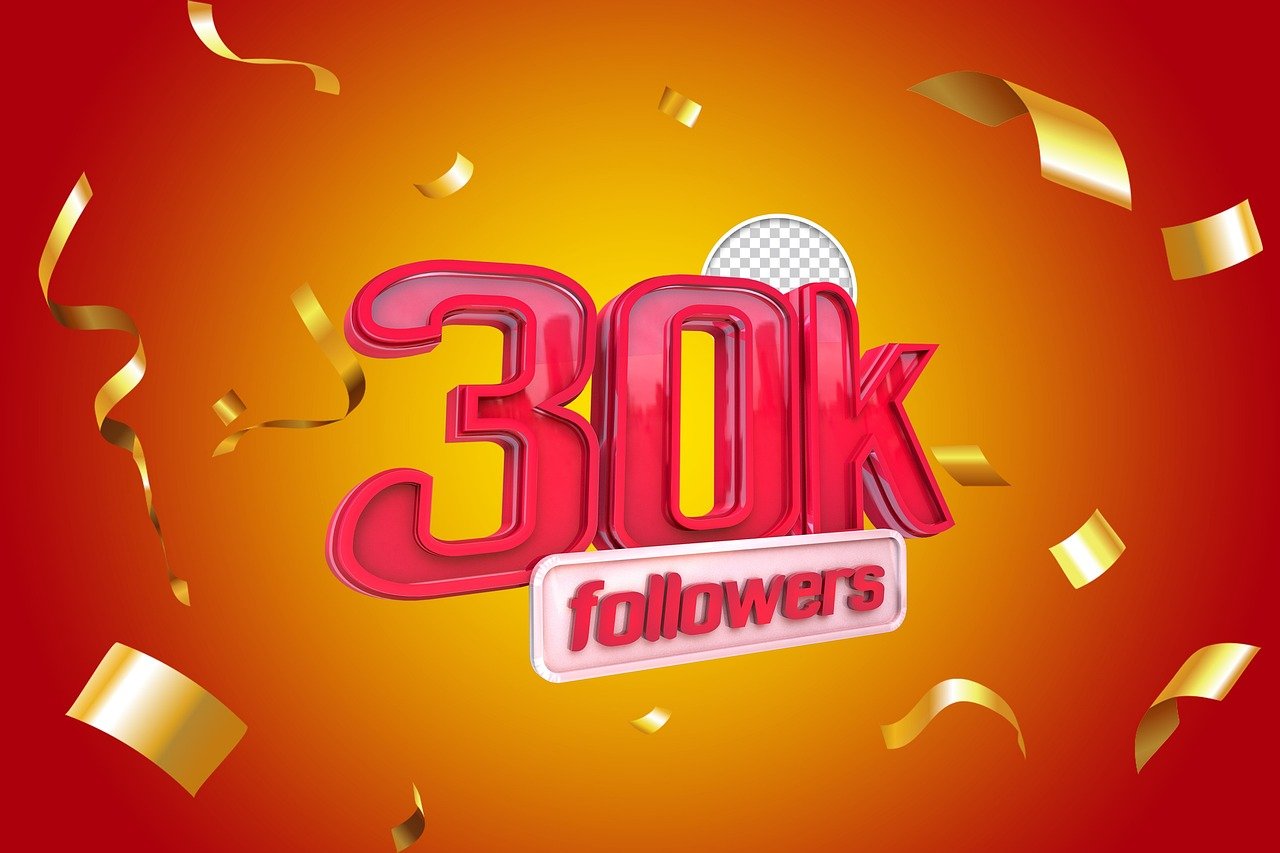What is a Marketing Funnel?

Introduction to Marketing Funnels
What is a Marketing Funnel?
A marketing funnel, often visualized as an inverted pyramid, represents the journey potential customers take from first becoming aware of your brand to making a purchase. Think of it as a roadmap guiding your audience through various stages, with the ultimate goal of converting them into loyal customers.
Importance of Understanding Marketing Funnels
Understanding the intricacies of a marketing funnel is crucial for any business. It helps in identifying where prospects are in their buying journey and what strategies to deploy at each stage. This knowledge enables businesses to tailor their efforts, improving conversion rates and ultimately driving more sales.
The Stages of a Marketing Funnel
Awareness
The topmost stage of the funnel is awareness. Here, potential customers first learn about your brand through various channels such as social media, SEO, or paid advertisements.
Interest
Once awareness is established, the next step is to pique the interest of these potential customers. This involves engaging them with valuable content that addresses their needs or problems, making them want to learn more about what you offer.
Consideration
In the consideration stage, prospects are evaluating their options. Providing in-depth information, such as case studies or detailed blog posts, can help sway their decision in your favor.
Intent
At this point, potential customers have shown a clear interest in your offerings and are likely considering a purchase. They might be looking at pricing details, product reviews, or taking advantage of free trials.
Evaluation
During evaluation, prospects take a final look at your product, often seeking reassurance that they are making the right decision. Testimonials, reviews, and demonstrations can be powerful tools at this stage to convince them.
Purchase
Here, a smooth and straightforward buying process is essential to ensure the conversion goes through without any hitches.
Top of the Funnel (TOFU)
Building Brand Awareness
At the top of the funnel, the primary goal is to build brand awareness. This involves creating a broad reach to attract as many potential customers as possible. Strategies include leveraging social media platforms, SEO, and content.
Content Marketing Strategies for TOFU
Content is king, especially at the awareness stage. Blogging, videos, infographics, and social media posts that provide value without overtly selling are effective ways to attract attention.
Social Media and TOFU
Platforms like Facebook, Instagram, and LinkedIn offer a way to reach a wide audience and engage with them through posts, stories, and advertisements.
Middle of the Funnel (MOFU)
Nurturing Leads
Once potential customers move past the awareness stage, the focus shifts to nurturing these leads. This involves building relationships and providing more detailed information about your offerings.
Email and Lead Magnets
Offering lead magnets such as free eBooks, webinars, or exclusive content can capture emails and keep prospects engaged.
Case Studies and Whitepapers
These detailed documents can persuade prospects by showcasing real-world applications and success stories.
Bottom of the Funnel (BOFU)
Converting Leads to Customers
At this stage, leads are ready to make a purchase decision. Your job is to make this process as easy and compelling as possible.
Sales Techniques for BOFU
Effective sales techniques at this stage include personalized offers, discounts, and one-on-one consultations.
Customer Testimonials and Reviews
Testimonials and reviews are critical at the decision-making stage. Prospects trust the experiences of other customers, so showcasing positive feedback can tip the scales in your favor.
Post-Purchase Stage
Importance of Customer Retention
The funnel doesn’t end with the purchase. Retaining customers is equally important.
Strategies for Customer Loyalty
To retain customers, focus on providing excellent customer service, loyalty programs, and personalized communication. Keep engaging with them through follow-up emails, special offers, and feedback surveys.
Upselling and Cross-Selling
Upselling and cross-selling involve offering additional or complementary products to customers. This not only increases the lifetime value of each customer but also enhances their overall experience with your brand.
Optimizing Your Marketing Funnel
Analyzing Funnel Metrics
To optimize your funnel, start by analyzing key metrics at each stage. This includes conversion rates, bounce rates, and engagement levels. Identifying weak points can help you make informed adjustments.
A/B Testing and Funnel Adjustments
Continuous testing and tweaking can lead to significant improvements in your funnel’s performance.
Tools for Funnel Optimization
Several tools can help you optimize your funnel. Platforms like Google Analytics, HubSpot, and ClickFunnels provide insights and features to streamline and enhance your funnel.
Common Mistakes in Marketing Funnels
Ignoring the Customer Journey
One common mistake is ignoring the customer journey. Each stage of the funnel requires a different approach, and failing to recognize this can lead to lost opportunities.
Lack of Personalization
Another mistake is a lack of personalization. Generic messages and offers are less effective. Tailoring your communication to individual prospects can significantly boost engagement and conversions.
Not Following Up with Leads
Failing to follow up with leads is a critical error. Just because someone didn’t purchase immediately doesn’t mean they won’t in the future. Consistent and thoughtful follow-up can eventually convert hesitant prospects.
Case Studies of Successful Marketing Funnels
Example 1: SaaS Company
A SaaS company used a well-structured funnel to achieve significant growth. By focusing on educational content at the top, free trials in the middle, and personalized demos at the bottom, they successfully converted leads into loyal customers.
Example 2: E-commerce Business
An e-commerce business increased its conversion rate by optimizing its funnel. They used social media and SEO for awareness, targeted email campaigns for nurturing, and exclusive discounts for conversion, resulting in a substantial sales boost.
The Future of Marketing Funnels
Trends to Watch
The marketing landscape is always evolving. Key trends include the increasing importance of video content, the rise of influencer marketing, and the integration of multi-channel strategies.
The Role of AI in Marketing Funnels
Artificial Intelligence (AI) is playing a growing role in marketing funnels. AI can analyze vast amounts of data to predict customer behavior, personalize Marketing messages, and even automate certain stages of the funnel.
Conclusion
Recap of Key Points
Understanding and effectively implementing a marketing funnel is essential for any business looking to grow. From building awareness at the top to nurturing leads in the middle and converting them at the bottom, each stage requires specific strategies and tools.
Final Thoughts on Marketing Funnels
A well-optimized marketing funnel not only drives conversions but also enhances the overall customer experience. By continually analyzing and adjusting your funnel, you can
4o
Continue writing pleaseChatGPT
Remember, the ultimate aim is not just to convert leads but to build lasting relationships with your customers.
FAQs
What is the purpose of a marketing funnel?
The purpose of a marketing funnel is to guide potential customers through the buying process, from initial awareness of your brand to making a purchase.It enables organisations to identify and meet the needs of prospects at each point of their journey, ultimately converting them into loyal customers.
How long does it take to get results from a marketing funnel?
The time it takes to see results from a marketing funnel can vary significantly depending on several factors, including the complexity of the funnel, the industry, and the strategies implemented. Generally, you might start seeing initial results within a few weeks but achieving optimal performance and consistent conversions can take several months of testing and refinement.
Can small businesses benefit from marketing funnels?
Absolutely! Small businesses can greatly benefit from marketing funnels. They provide a structured approach to attracting, nurturing, and converting leads, which is crucial for growth. With the right strategies, even small businesses with limited resources can create effective funnels that drive sales and build customer loyalty.
What tools are best for creating a marketing funnel?
Several tools can help you create and optimize your marketing funnel. Some popular options include:
- HubSpot: A comprehensive platform for inbound marketing, sales, and service.
- ClickFunnels: A tool specifically designed for building sales funnels.
- Mailchimp: Great for email Marketing and automating communication with leads.
- Google Analytics: Essential for tracking and analyzing your funnel’s performance.
- Leadpages: Useful for creating landing pages and capturing leads.
How do you determine the success of a marketing funnel?
To measure the success of a marketing funnel, you need to track key metrics at each stage. These include:
- Conversion Rates: The percentage of prospects who move from one stage to the next.
- Engagement Rates: How actively your leads interact with your content.
- Bounce rates are the percentage of visitors who depart your site after reading only one page.
- Client Acquisition Cost (CAC) is the overall cost of gaining a new client.
- Customer Lifetime Value (CLV): The total revenue you can expect from a customer over their lifetime.
- Length of Sales Cycle: The typical duration required to turn a lead into a client.
By monitoring these metrics, you can identify areas for improvement and make data-driven adjustments to your funnel.




